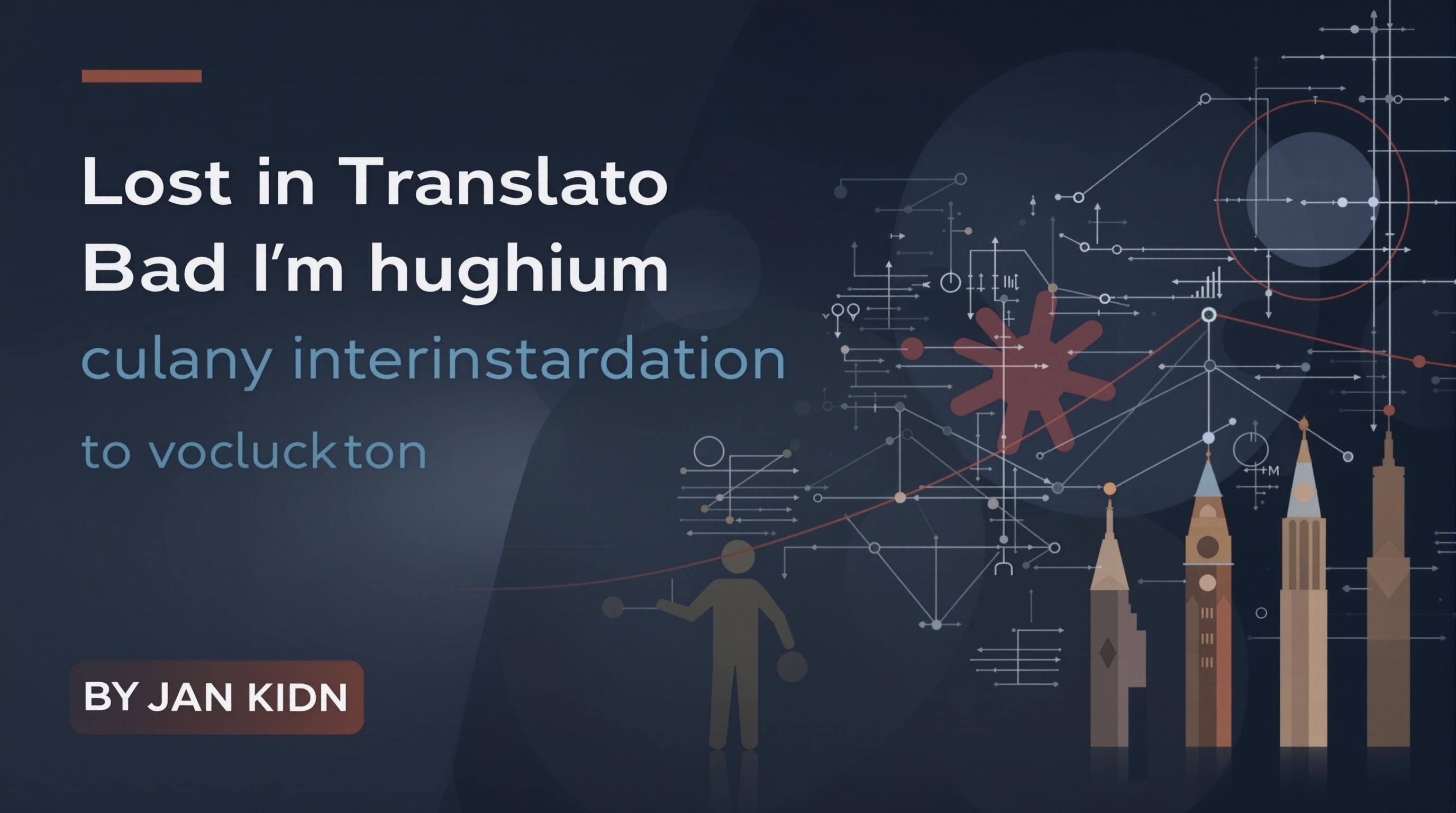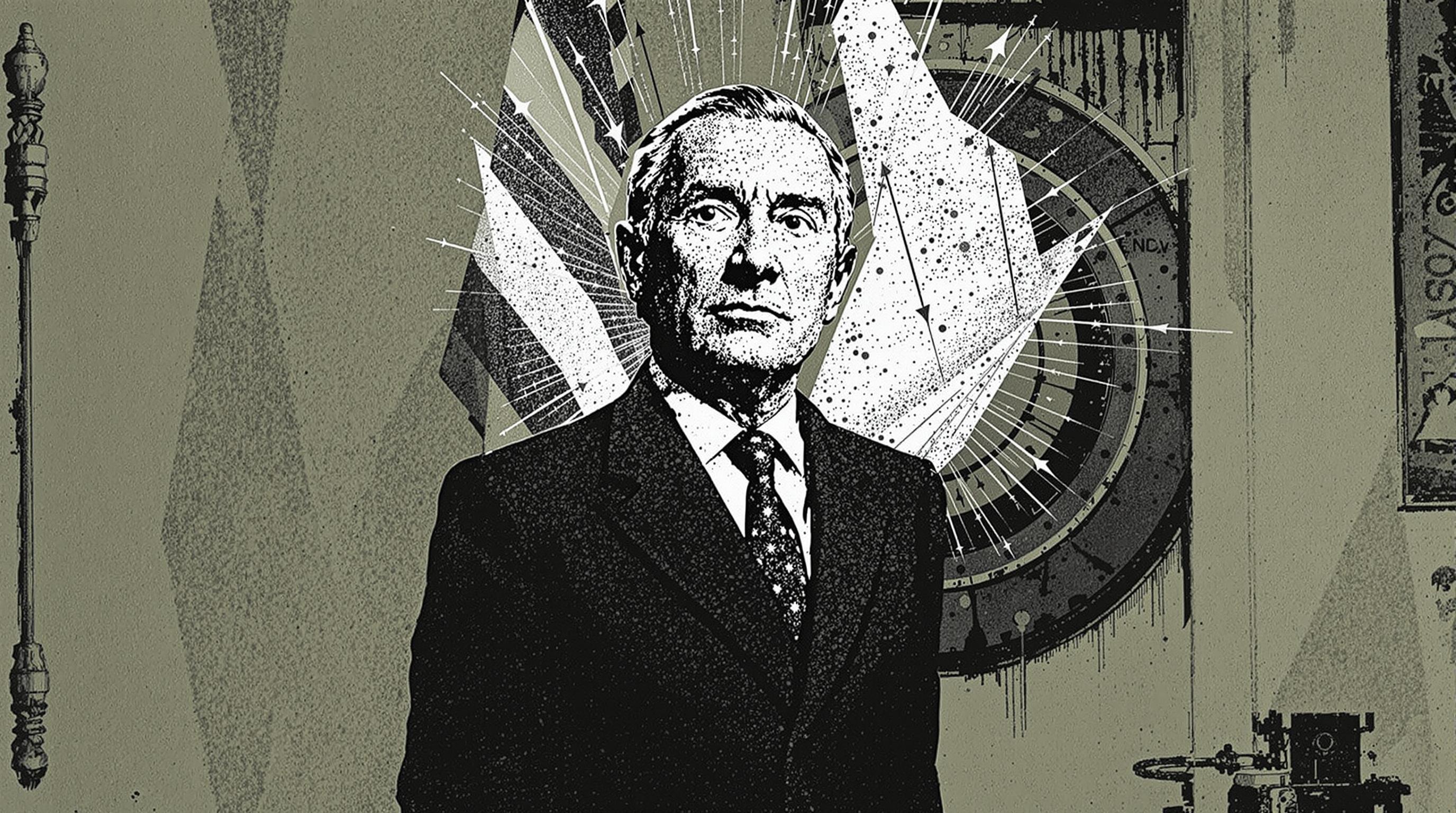Related Articles
- From Philanthropy to Profits: How Social Impact Investing is Reshaping the Future of Capital Markets
- Lost in Translation: How Language Barriers Shape Global Banking Relationships and Client Interactions
- Regulatory Labyrinths: Examining the Unanticipated Effects of Financial Laws on Sustainable Fashion Markets
- The Hidden Connection Between Gamification and Banking: How Playful Finance Engages a New Generation of Savers
- Borrowing Blues: How Your Zip Code Can Affect Loan Access and Financial Flexibility in Suburban vs Urban Areas
- Exploring the Quiet Revolution: How Biometric Privacy is Transforming User Trust in Digital Banking
Invisible Ties: How Global Banks Influence Local Politics Through Financing and Investment Strategies
Invisible Ties: How Global Banks Influence Local Politics Through Financing and Investment Strategies
Invisible connections weave through the fabric of our societies, with global banks playing unseen yet powerful roles in local politics. By leveraging financing and investment strategies, these institutions not only fuel economies but also shape political landscapes, often in ways that go unnoticed by the average citizen.
The Power of Finance
Finance, as we often understand, is about numbers and balance sheets. However, it transforms into a potent political tool when wielded by global banks. A staggering 66% of the world’s largest 100 banks are based in just 10 countries, which allows them to exert tremendous influence over global policies and local governance (OECD, 2021). It’s a numbers game—a high-stakes chess match where the move of a pawn can topple a king.
Case Study: BlackRock and Climate Politics
Take the case of BlackRock, the world’s largest asset manager with over $9 trillion in assets under management. In the wake of growing concerns about climate change, BlackRock has begun shaping corporate behaviors by insisting on sustainability in investment portfolios. But this isn’t merely a moral stance; it raises questions about how investment access and funding sway local governments to adopt more progressive environmental policies. Local authorities seeking to attract investment may feel pressured to align their regulations with BlackRock’s sustainability criteria, effectively allowing a financial institution to dictate local environmental policy.
Unearthing the Invisible Chains
Global banks often exert their influence through a subtle, yet systematic method known as “financialization.” This term describes how financial motives, financial markets, financial actors, and financial institutions gain greater influence over economic policy and economic outcomes. Unlike the traditional approach to lending, which involved providing direct credit to businesses and consumers, financialization focuses on creating complex financial instruments that can dictate market behaviors and local economic conditions.
Local vs. Global: A Tug of War
In small towns, where economic growth often hinges on the whims of larger financial institutions, the stakes can feel personal. Imagine a bustling community suddenly seeing its main industries shift to align with the interests of an unseen financial titan—something akin to a puppet show where the strings are invisible but the moves are all too real.
The Human Cost
However, the influence of global banks comes with a human cost. Consider the housing crisis that erupted in the U.S. during the 2008 financial meltdown. In an effort to maintain profits, global banks began to package and sell subprime mortgages as investment products. The result? Whole neighborhoods were financially devastated as families lost their homes. The invisible ties created by these financial institutions become glaringly apparent when we see how local communities crumble under immense economic pressures influenced by distant decision-makers.
A Game of Influence
Let’s talk power dynamics. Imagine the transformational power of lending: A global bank can control political outcomes simply through the funds it releases—or restricts. Governments facing tight budgets may have no choice but to comply with the priorities stipulated by lending agreements. This often lays the groundwork for a troubling cycle, where local politics shift to favor foreign interests over constituents' needs. A lender or investor may say, “Here’s a billion dollars, but we want to see tax incentives for the sweet portfolio we want to create.”
The Human Story: Grassroots Activism
This brings us to the counter-narrative: grassroots activism. There is a rising wave of local activists trying to push back against these invisible ties. In 2019, over 100 local grassroots organizations came together in the U.S. to oppose BlackRock’s favored environmental regulations. Their strategy was twofold: raise awareness about the influence of global banks and advocate for policies that prioritize local needs. These community-driven campaigns remind us that even the most extensive networks can be challenged by the collective strength of individuals. The fight for local power ignites a spark that can burn brightly against the shadows of corporate might.
The Global Economy: A Double-Edged Sword
As globalization deepens, the influence of global banks continues to spread. While they can bring in investments that foster development, they can also exacerbate inequality and undermine local governance. In Honduras, for instance, the influence of international banks has often led to difficult trade policies that favor multinational corporations over local producers, underscoring the imbalance that can emerge when financial titans step in to shape local politics. In that sense, the loans that build roads can also pave paths that lead to social discontent.
The Balancing Act
The key challenge for local governments is balancing the allure of funding with the need for autonomy. Politicians may often feel like they’re on a tightrope, forced to win favor from these financial giants while still serving their constituents. “I need that funding for schools,” they might think, “but at what cost?”
Statistics That Shock
According to a report by the International Monetary Fund (IMF), 50% of global banking assets are held by just 48 banks, leading to unprecedented centralization of finance. This centralization poses essential questions about who truly holds power in our democracies. With financial power so concentrated, it raises alarms regarding democratic processes. Can elected officials genuinely serve the public when the purse strings are held by a select few?
Transforming Influence into Responsibility
How can we reframe this relationship? Recognizing the influence of global banks is the first step towards accountability. Citizens must demand transparency in political financing and investment, pushing for regulations that limit the range of influence banks have on local policies. If the mere presence of a financial player can influence policy, why not leverage that power for community benefit?
Conclusion
Simplifying complex networks often leads us to miss vital nuances, but the invisible ties linking global banks to local politics are too significant to dismiss. As global citizens, we must navigate these connections consciously, ensuring that our local needs are met amidst an ever-evolving financial landscape. In this intricate dance of finance and politics, ensuring that the community is not merely an audience but an active participant will be key to reclaiming the power that has long been held at a distance.
So, what’s next? Stay informed, stay engaged, and don’t underestimate the power of local voices. Change begins with awareness, and as global finance continues to shape our world, let’s ensure it shapes our communities positively.




